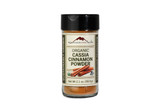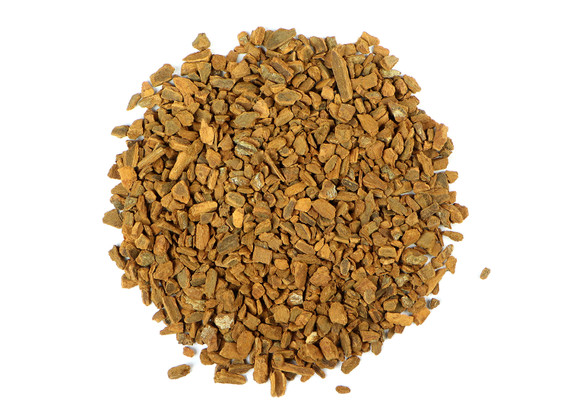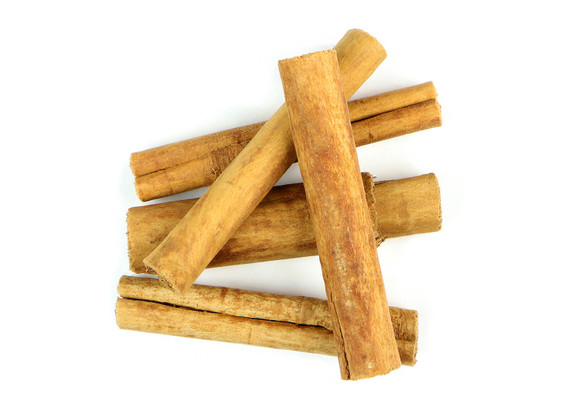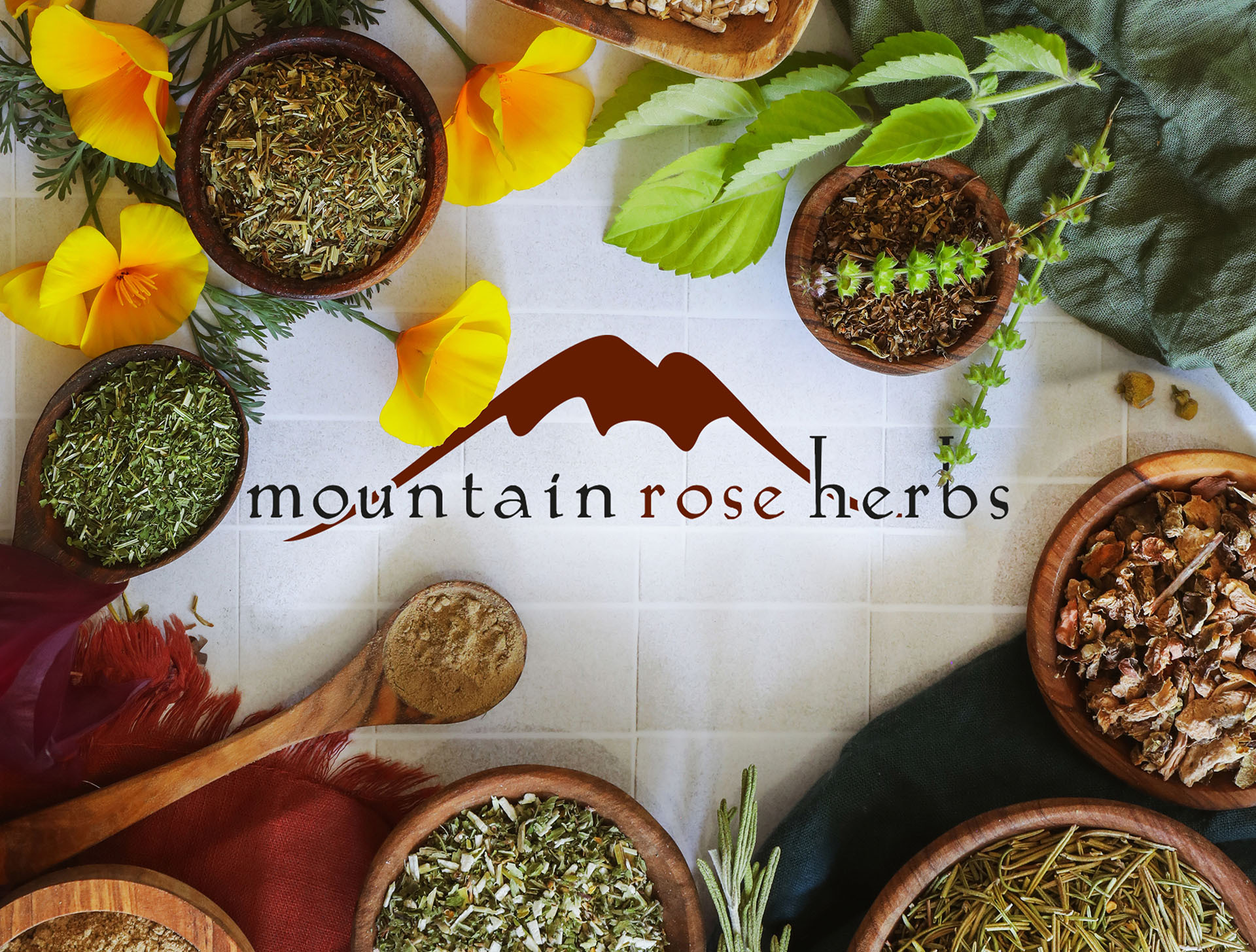Cassia cinnamon powder is one of the most popular and frequently used spices in the world. Our organic Cinnamomum burmanni powder features a deep, sweet, rich flavor and makes an excellent addition to baked goods, hot cereal, coffee, hot chocolate, and other beverages. Ground cinnamon can also be used cosmetically to make natural foundations and bronzers.
Cinnamon was utilized extensively thousands of years ago and is still popular today. Enjoyed since ancient times, cinnamon was mentioned in ancient Egyptian texts, the Bible, and was widely traded thousands of years ago in Europe and in Asia by Arab spice traders. Its scent is uniquely warming, uplifting, and stimulating, and its flavor is sweet and delicious, hence the flavor and aroma have been utilized in countless confectionaries, baked goods, perfumes, cosmetics, beverages, and cordials.
Cinnamomum sp. appears in recorded history dating back to at least 1,700 years B.C.E where it was a component of embalming fluid in ancient Egypt. The Arabs were avid spice traders who provided this spice to the ancient Romans, Greeks, and Hebrews. These cultures treasured cassia as a culinary spice, utilizing it in perfumes as well as foods. Chinese cassia buds have been used in Europe since the Middle Ages, as their aroma is similar to the bark. It is believed that they were part of a spiced wine referred to as 'Hippocras'. European explorers considered cassia and other varieties of cinnamon to be the most sought-after spices of the 15th and 16th centuries, and by the 17th century, cassia was considered a common kitchen spice. By the 19th century, cassia was commonly used to support and soothe digestion. It is a component of 'garam masala', a spice used in Indian cooking comprised of turmeric, peppercorns, cloves, cumin, and cardamom. Further, it is found in many Middle Eastern and North African dishes, as a spice for lamb or stuffed eggplant.
In Ayurveda (traditional Indian system of healing) cassia is referred to as 'twak' and believed to support the respiratory, digestive, nervous, circulatory, urinary, and reproductive systems. Traditionally, cassia has been considered a highly valued and multipurpose nourishing herb. According to the Ayurvedic practitioner, Karta Khalsa, "the classic patient who can benefit from cinnamon is cold, dry, and frail."
Cassia oil is used extensively as a flavoring for soft drinks, baked goods, sauces, confectioneries and liqueurs. It is distilled from a mixture of leaves, twigs and bark, and must be used with caution as a fragrance as it does have skin sensitizing properties.
Note: Cassia bark is harder, thicker and more rough than true cinnamon. It is also reddish in color whereas true cinnamon tends to be tanner. Cassia sticks curl inward from both sides toward the center as they dry. True cinnamon has many thin layers of bark.
Precautions
Not for use in pregnancy except under the supervision of a qualified healthcare practitioner. We recommend that you consult with a qualified healthcare practitioner













